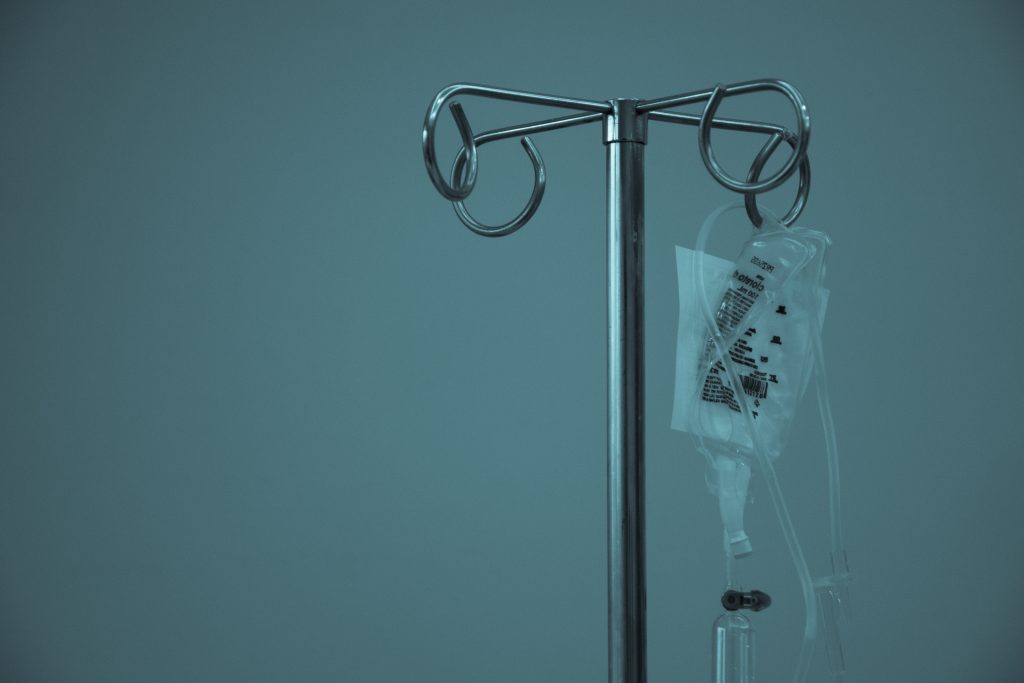So, you’ve got a new litter of adorable kittens running around, and you couldn’t be more thrilled. But as a responsible cat owner, you know that keeping them safe and healthy is your top priority. As your mind starts buzzing with all the necessary care tasks, you find yourself wondering, “When can I flea my cat after having kittens?” Ensuring your furry friend remains flea-free is crucial, but figuring out the right time to administer flea treatments can be a bit tricky. Read on to discover the answer and gain valuable insights to keep both mama cat and her precious kittens happy and flea-free.
When Can I Flea My Cat After Having Kittens?
Understanding Fleas and Their Impact on Cats
Fleas are small, blood-sucking parasites that can cause great discomfort for both cats and their owners. These pesky insects not only cause itchiness and irritation, but they can also transmit diseases and lead to more serious health issues if left untreated. It’s crucial to understand the impact fleas can have on your cat, especially after she has given birth to a litter of kittens.
Flea Treatment During Pregnancy and Nursing
Flea treatment during pregnancy and nursing requires special consideration. It’s important to ensure the safety of the mother cat and her vulnerable babies during this period. While it’s generally recommended to avoid chemical-based flea treatments during pregnancy and nursing, there are some safe alternatives available. Consulting with a veterinarian is essential to select the most suitable treatment option for your cat’s unique situation.

Factors to Consider Before Flea Treatment
Before treating your cat for fleas, it’s important to take several factors into consideration. First and foremost, you need to consider the age and health status of the mother cat and her kittens. Newborn kittens have delicate immune systems, so their tolerance to flea treatments may vary. Additionally, it’s important to evaluate the presence and severity of the flea infestation. Discussing these factors with a veterinarian will help determine the best course of action.
Consulting a Veterinarian
When it comes to the health and well-being of your cat and her kittens, seeking professional advice is always recommended. A veterinarian can assess the situation, perform necessary tests, and provide expert guidance on flea treatment options. They will take into account the age, health condition, and nursing status of your cat and her kittens, ensuring the chosen treatment is safe and effective for all parties involved.

Post-Birth Recovery Period
After giving birth, mother cats require a recovery period to replenish their strength and ensure their body returns to normal. This period typically lasts around four to six weeks. During this time, the mother cat may be more susceptible to stress and health complications. It’s essential to provide a calm and nurturing environment for her, limiting any unnecessary stresses, such as flea treatments.
Monitoring the Kittens’ Health
While it’s important to address any flea issues, the health of the kittens should be closely monitored as well. Young kittens have developing immune systems, making them more vulnerable to the adverse effects of harsh chemicals found in conventional flea treatments. Observing the kittens for any signs of discomfort, allergic reactions, or abnormal behavior is crucial. If any concerns arise, it’s essential to consult a veterinarian promptly.

Choosing the Right Flea Treatment
Selecting the right flea treatment for your cat and her kittens is integral to their well-being. Natural and organic alternatives, such as herbal flea sprays or gentle flea combs, can be considered during the early stages of the kittens’ lives. Once the kittens are older and stronger, topical or oral flea treatments may be suitable, depending on their age and weight. A veterinarian will provide tailored recommendations based on the specific needs of your cat and her kittens.
Recommended Waiting Period After Birth
It’s generally recommended to wait until the kittens are at least eight weeks old before applying any chemical-based flea treatments to the mother cat or her offspring. This waiting period allows the kittens to grow stronger and develop more resilient immune systems. Until then, it’s crucial to focus on preventive measures, such as regular grooming with flea combs and creating an environment that discourages fleas.

Using Safe and Effective Flea Treatments
When the time comes to treat your cat and her kittens for fleas, it’s essential to choose safe and effective products. Look for flea treatments that are specifically designed for cats and kittens, following the instructions and dosage guidelines carefully. Avoid products intended for other animals, as they may contain different ingredients that could be harmful to cats. Again, consulting with a veterinarian will provide the necessary guidance on suitable flea treatment options.
Additional Precautions and Tips
In addition to flea treatment, there are some extra precautions and tips that can help you protect your cat and her kittens from fleas. Regularly cleaning and vacuuming your home environment, especially areas where the cats spend most of their time, can help prevent fleas from infesting your living space. Washing the bedding and blankets the cats use in hot water can also help eliminate any potential flea eggs or larvae. Additionally, practicing good hygiene and keeping your cat’s living area clean will further discourage fleas from taking hold.
In conclusion, while it’s natural to want to protect your cat and her kittens from fleas, it’s essential to prioritize their safety and well-being. Properly timing flea treatments, consulting with a veterinarian, and utilizing safe and effective products are key to maintaining a flea-free environment for your feline family. By following these guidelines and taking preventive measures, you can ensure your cat and her kittens enjoy a healthy and comfortable life, free from the nuisance of fleas.

 Care The Pet Only The Good Stuff For Pet Caring
Care The Pet Only The Good Stuff For Pet Caring




